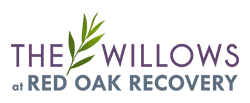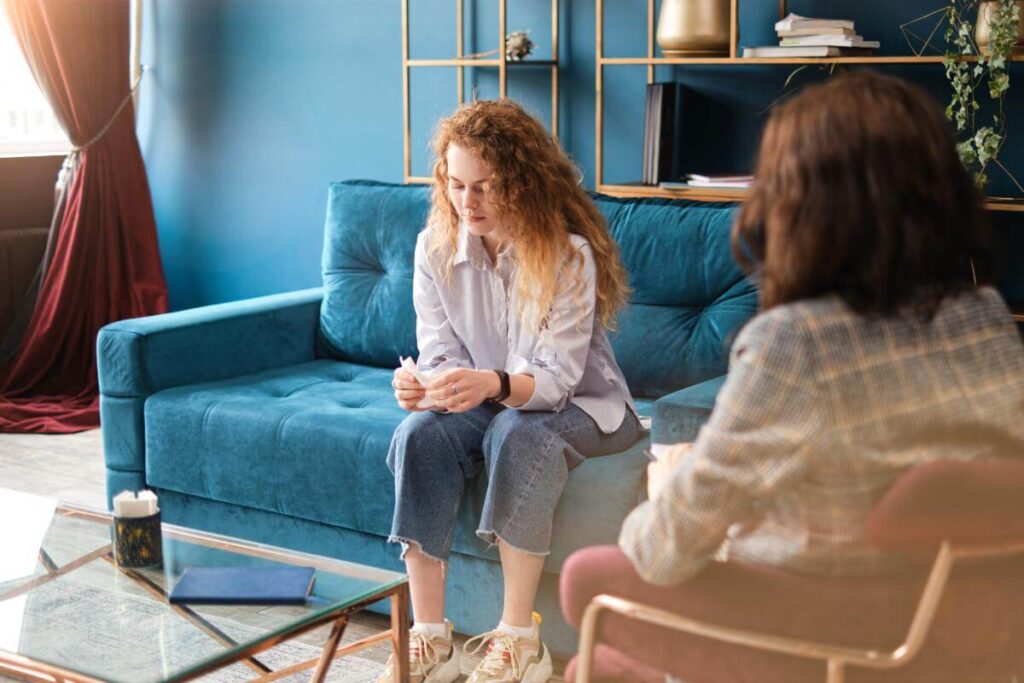Recovery can be difficult for anyone, but women often face unique challenges that their male counterparts may not. Past trauma, motherhood, issues in the workplace—while these challenges are not exclusive to women, they can be especially difficult to navigate when working on sustainable recovery. As society continues to grow and progress, it’s important that the conversation around addiction also starts to shift.
A substance use treatment center can be a great resource for women working to overcome addiction. At The Willows at Red Oak Recovery®, we understand women’s unique challenges in sobriety, and we are here to help. Our programs are designed specifically with women in mind, and our highly trained staff is dedicated to providing each woman with the individualized care and attention she deserves. If you or someone you love is struggling with addiction, please don’t hesitate to reach out at 855.773.0614.
Five of the Most Common Issues Women Face in Recovery
1. Past Trauma
A history of trauma can be a significant contributing factor to addiction. Experiences like sexual abuse, domestic violence, or childhood trauma can lead to post-traumatic stress disorder (PTSD), which can, in turn, lead to substance abuse as a way of self-medicating.
2. Motherhood
For women who are also mothers, balancing the demands of parenting with recovery can be extremely challenging. A women-only treatment center is better equipped to deal with the unique challenges that mothers in recovery face, like childcare and parenting resources.
3. Workplace Harassment
Unfortunately, women in the workforce are still far more likely to experience sexual harassment and discrimination than their male counterparts. This can make going to work every day a triggering and difficult experience. Finding a supportive work environment that understands your needs as a woman in recovery is important.
4. Body Image Issues
Many women in recovery struggle with body image issues and disordered eating. This can be due to various factors, including past trauma, the media, and society’s general expectations for women. At The Willows, we understand the importance of working on body image issues in recovery.
5. Loneliness
Addiction is isolating, and women in recovery may find themselves feeling lonely and disconnected. Joining a supportive community of other women in recovery can help reduce these feelings of isolation and loneliness.
What to Look for in a Women’s Treatment Center
When choosing a treatment center, it’s important to find one that understands the unique challenges women face in sobriety. For example, there are a variety of therapies that can be beneficial for women in recovery, including:
- Trauma therapy: Many women in recovery have experienced some form of trauma in their lives. Trauma-informed care is vital to address these issues safely and effectively.
- Support groups: Joining a supportive community of other women in recovery can help reduce feelings of loneliness and isolation.
- Expressive therapies: Expressive therapies like art therapy and music therapy can be helpful for women in recovery to process emotions and work through trauma.
- Cognitive-behavioral therapy: This type of therapy can help women in recovery learn how to cope with triggers and cravings in a healthy way.
- Dialectical behavior therapy: Dialectical behavior therapy (DBT) can be beneficial for recovering women struggling with emotions like anger, anxiety, and depression.
Contact The Willows at Red Oak Recovery Today®
If you or someone you love is struggling with addiction, please don’t hesitate to reach out for help. The Willows at Red Oak Recovery® offers a variety of programs and services specifically designed for women in recovery, including individualized treatment plans, trauma-informed care, and expressive therapies. Contact us today at 855.773.0614 to learn more about our program and how we can help you or your loved one on the road to recovery.


